A commonly held belief is that most dogs have fur coats, which is partially accurate, although it’s also true that specific canine breeds grow hair rather than fur. These dogs that don’t shed, often referred to as hypoallergenic dogs, can bring numerous benefits to the life of their owners. While some allergen-prone individuals need to own hypoallergenic dogs to avoid harmful health symptoms, others just prefer the benefit of having less hair to clean around the house. Let’s describe owner benefits and list out some of our favorite hypoallergenic dogs so that you can discover which breed best fits your lifestyle.
Hypoallergenic Benefits
Typical symptoms of canine allergies include rashes, runny nose, coughing, dizziness, sneezing, wheezing, and watery eyes. While no one likes to experience these uncomfortable symptoms, let’s describe the variety of benefits that comes from owning a hypoallergenic dog:
- Minimal Allergic Reactions: This is the most obvious benefit for people with pet allergies.
- Less Shedding: Dog fur sheds easily and constantly, whereas hair sheds rarely which helps with the cleanliness of your house.
- Less Drooling: On average, hypoallergenic dogs drool less than dogs with fur. While allergens commonly live in saliva as well, this benefit improves both the cleanliness of your house as well as lessens the risk of contracting harmful allergy symptoms.
- Less Allergens in Their Urine: Similarly to drool, hypoallergenic dogs have less harmful allergens in their urine when compared to dogs with fur.
A common misconception is that hypoallergenic dogs can’t trigger someone’s allergies. In fact, harmful allergens aren’t produced from canine hair, but actually from their skin dander, saliva, and urine. So, while hypoallergenic dogs do require minimal grooming compared to dogs with fur, proper brushing and bathing is still required to ensure that you don’t suffer from allergy symptoms.
Dogs That Don’t Shed
Fortunately, dog’s with hair, rather than fur, come in a variety of different breeds that cover a wide range of canine temperaments, energy levels, sizes, and appearances. Below is a list of popular hypoallergenic breeds:
- Poodle: All poodles fall under the hypoallergenic umbrella.
- Afghan Hound: These hounds rarely shed, although their long coats do require regular grooming.
- Schnauzer: Whether miniature, standard, or large, all Schnauzer’s shed minimally and love lots of playtime.
- Yorkshire Terrier: These tiny dogs have fine hair that won’t make you sneeze.
- Chinese Crested: These small dogs are mostly hairless besides their head, tail, and feet
- Maltese: These breed’s low-allergen coats are soft and should be brushed daily.
- Irish Terrier: These canine’s make for loyal guard dogs and an ideal choice for owners who want the least amount of shedding.
- Terriers: Many additional Terrier breeds fit under the hypoallergenic umbrella, including Scottish Terriers, Kerry Blue Terriers, Australian Silky Terriers, Cairn Terriers, West Highland White Terriers, Wheaten Terriers, Lakeland Terriers, Yorkshire Terriers, Border Terriers, Airdale Terriers, Bedlington Terriers, and Tibetan Terriers.
While these are some of the most popular hypoallergenic breeds, there are many other furless dog options in addition to what’s listed above. Dogs are undoubtably some of the best friends that people can have, which is why it’s important to be aware of which allergies you may have from their dander. For some people, owning a dog with fur could pose numerous health risks and lead to your pet to not attain the proper care they deserve. It’s a much better idea to get a hypoallergenic dog first so that they can receive proper treatment and you can avoid unnecessary uncomfortable health symptoms.
Maintaining Canine Coats
-
Canine Optimum Skin & Coat$34.99 – $63.99 — or subscribe and save 10%
There are many things capable of wreaking havoc with the skin and coats of dogs such as climate, fleas, mites, bacteria, and poor choices in nutrition. If you want your dog to look a little more like the ones you see on TV, then you need Dr. Bill’s Optimum Skin & Coat. It has clinically proven its effectiveness for over 35 years in the veterinary profession and top breeders alike. Canine Optimum Skin & Coat is a highly concentrated nutritional powder, scientifically formulated to provide a balanced, palatable blend of high-quality protein sources, and powerful nutrients that are helpful in producing healthy skin and luxurious coats in all breeds of dogs.
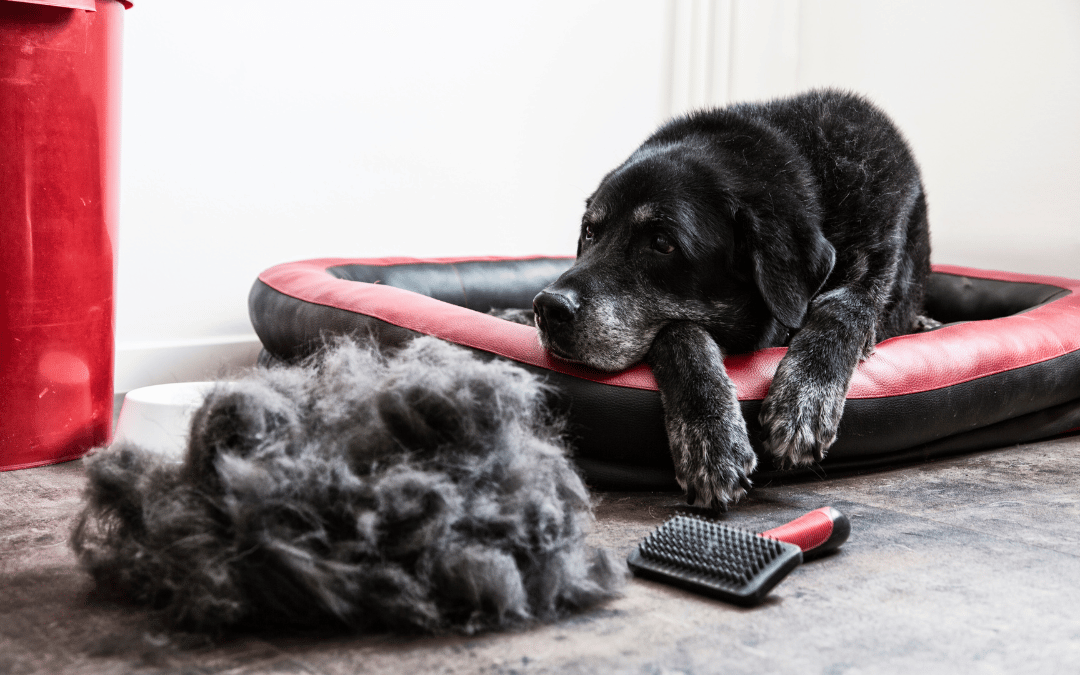
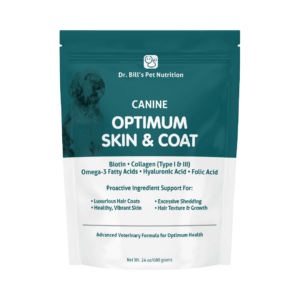
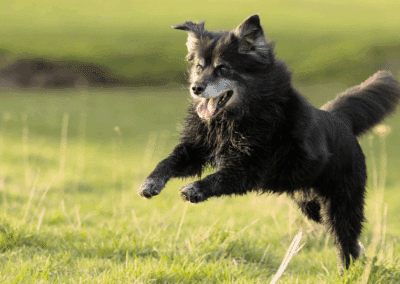
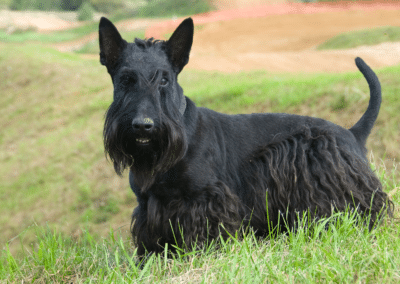
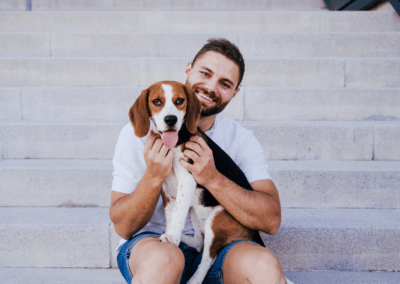
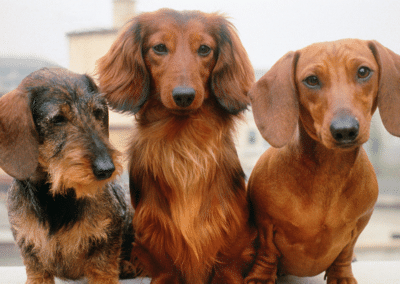



0 Comments